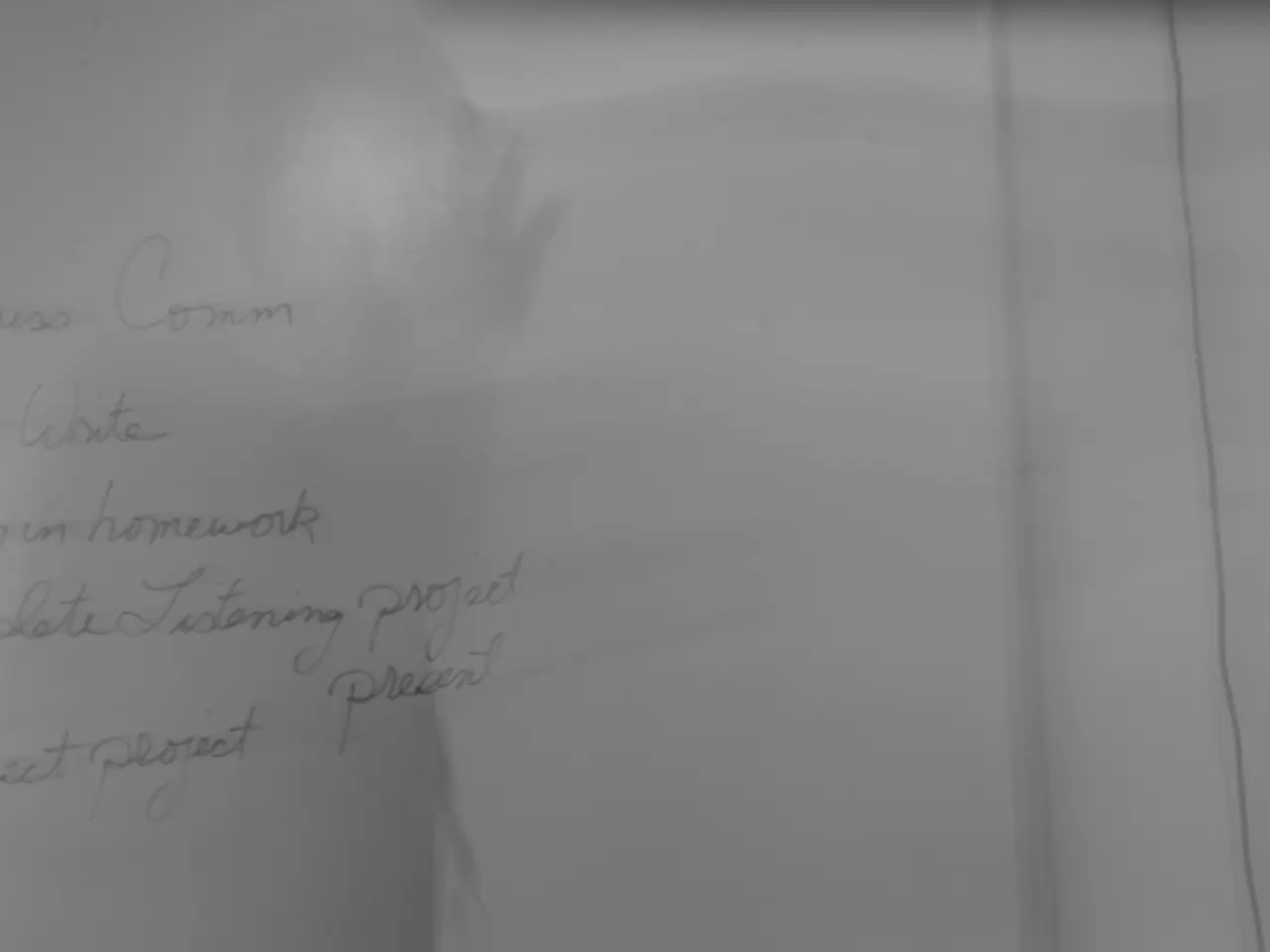Money Matters: German Catholic Dioceses and the Pope
Potential financial issues within the Vatican could pave the way for a German pontiff.
Wondering if the next Pope will have German roots due to our northern neighbors' financial prowess? Let's delve into the intriguing world of Vatican finances, German dioceses, and the potential for a "German Papabile."
So, can a cardinal from Germany become pope? Munich Archbishop Reinhard Marx seems to be in the race, thanks to his potential knack for handling finances. The Vatican's economic issues, on the other hand, are far from rosy. In recent years, the deficit of the Holy See has ballooned to an alarming 87 million euros in 2024, despite attempts to cut expenses.
However, it's essential to examine the financial situations of German dioceses in context, and Marx's Archdiocese of Munich-Freising is a prime example. With a healthy balance sheet total of almost 4 billion euros, it's safe to say that Munich-Freising boasts substantial assets. Surplus or deficit, these figures are impressive, especially when taking into account the decline in church tax revenues.
There's a catch, though. Churches don't have to disclose their finances, even when they receive public funds. Thankfully, the German Bishop's Conference has promised more transparency after financial scandals in Limburg and Freiburg. Dioceses have committed to adopting commercial accounting and having their annual reports audited and published. Despite these efforts, wealth estimates for the dioceses are still vague.
Rich as They Are Secretive
Not all dioceses are swimming in gold, though. Dresden-Meißen, for example, reported a loss of over 2 million euros for 2022. Subsidies to dioceses in the East have been decreasing, and they are set to vanish entirely by next year. Many dioceses are privately owned and, as such, their true financial status is often difficult to determine due to their complex structures, encompassing charities, religious communities, and other organizations.
Church tax revenues are on the decline, but the value of centuries-old properties remains a question mark. The famous Cologne Cathedral, for instance, is listed at only 27 euros in the books, a symbolic value that doesn't begin to capture its actual worth, given the value of its artwork and overall value.
So, while German dioceses have historically been among the richest worldwide, their financial health is under pressure due to declining membership, low transparency, and increased exits from the church. Whether this qualifies Marx for the papacy is for the cardinals to decide.
Despite the pessimism surrounding the financial landscape, it's worth noting that transparency is increasing. Groups like the Voice of the Faithful (VOTF) assess the financial transparency of U.S. dioceses and found that the average score remained at 71% in 2024.
Only time will reveal the financial future of both the Vatican and German dioceses, but one thing is certain: money matters, whether you're running a diocese or a country. Keep your eyes peeled for further updates as we navigate the uncertain world of papal finances.
- The financial health of German dioceses, such as the Archdiocese of Munich-Freising with its balance sheet total of almost 4 billion euros, is a significant factor in the discussion about a potential "German Papabile," like Munich Archbishop Reinhard Marx.
- Vatican finances, as demonstrated by the 87 million euro deficit in 2024, are also a hot topic, raising questions about the potential influence of a cardinal from a financially proficient country like Germany on the Vatican's economic matters.
- In contrast, not all German dioceses are as financially stable as Munich-Freising. For instance, Dresden-Meißen reported a loss of over 2 million euros in 2022.
- Complicated structures encompassing charities, religious communities, and other organizations often make it difficult to determine the true financial status of these dioceses.
- Efforts toward greater transparency, such as adopting commercial accounting and publishing annual reports, are being made by the German Bishop's Conference, in response to financial scandals and the requirement for increased accountability in the community and employment policies.




